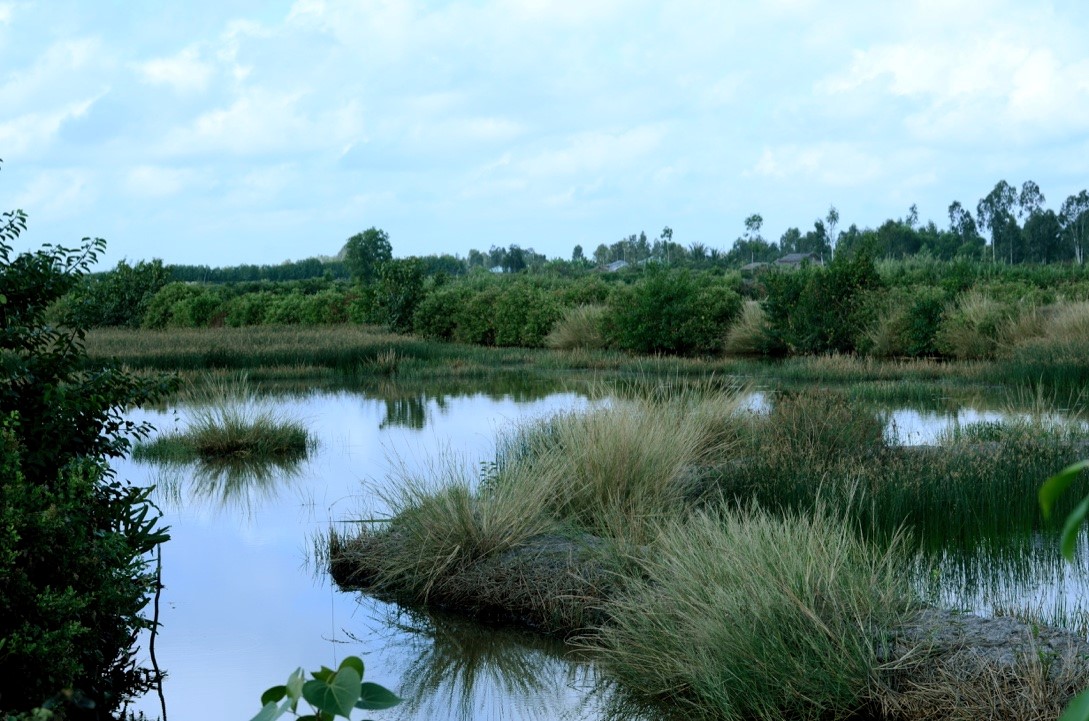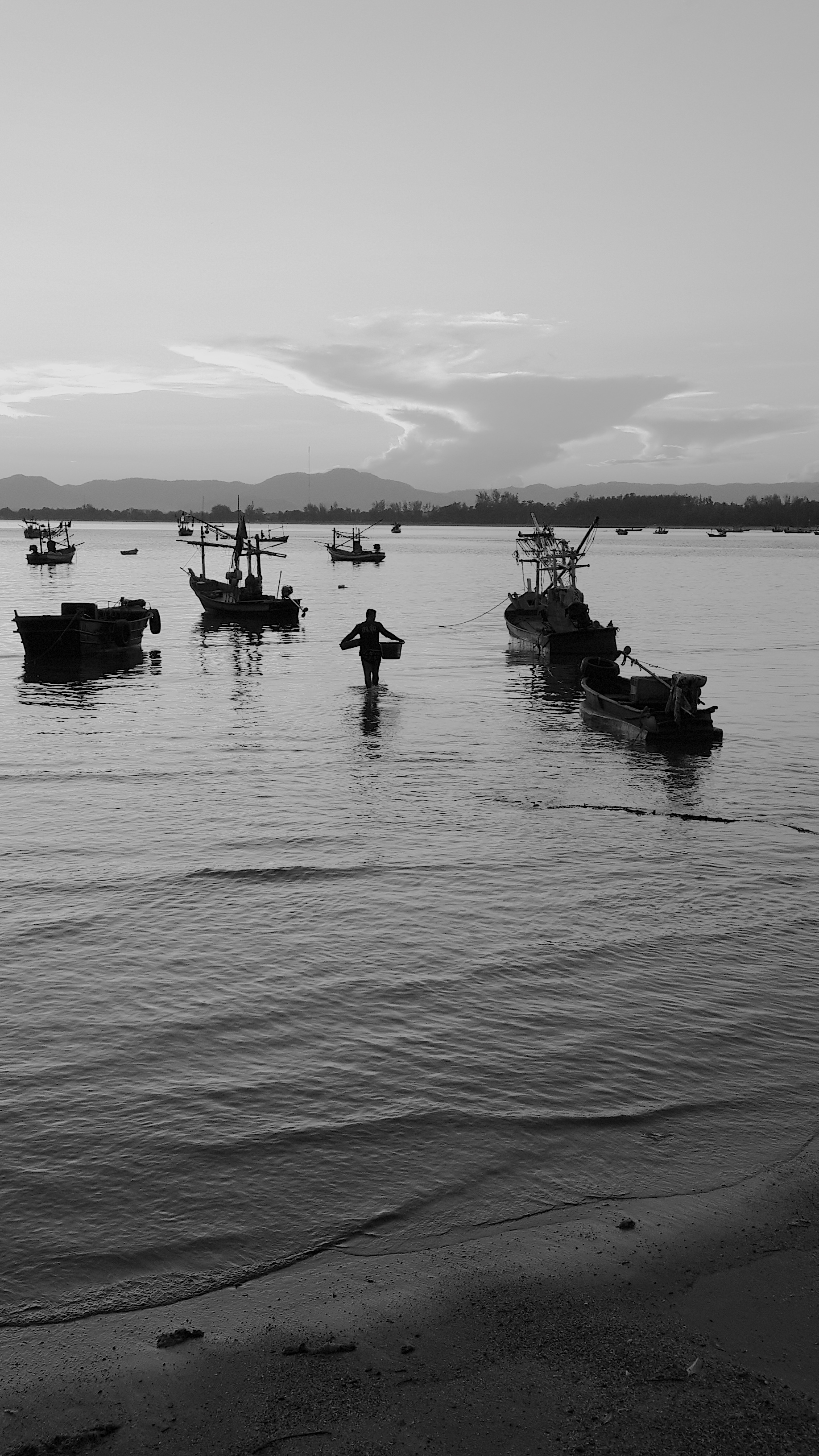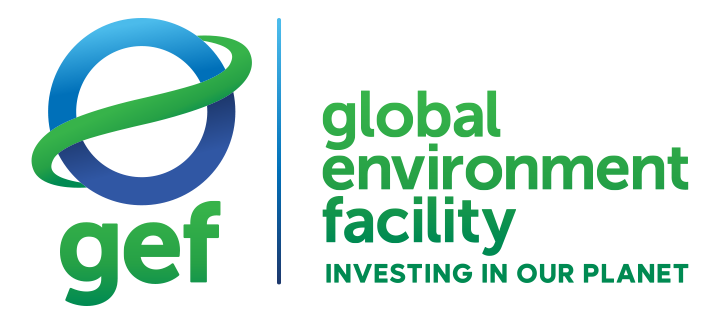Investing in the invisible: Enhancing the sustainability of the transboundary Cambodia - Mekong River Delta Aquifer

In one of the world’s great rivers, the Mekong River, the GEF Trust Fund is investing in the invisible: its groundwater. A new 15 million USD project, led by the Food and Agriculture Organisation (FAO), bringing the transboundary Cambodia - Mekong River Delta Aquifer in lower Mekong into the spotlight, was developed and is soon to be approved.
Connecting two ecosystems of global environmental significance and socio-economic importance: the Tonle Sap area and the Mekong Delta, including some major urban areas, such as Phnom Penh and Ho Chi Minh, the Cambodia – Mekong River Delta Aquifer (CMDA) is a transboundary water body of profound importance. Home to approximately 35 million people, the Cambodia – Mekong River Delta Aquifer faces a number of challenges, which threaten livelihoods and ecosystems, with severe socioeconomic implications. Over-extraction and reduced recharge lead to a rapid water table decline, which in turn exacerbates land surface subsidence, threatening water and food security in the region. In Cambodia, in Prey Veng farmers find their wells dried out at the end of the dry season, while the Siem Reap town - the fastest growing city fueled by the tourism industry heavily depended on water abstractions - sees their Angkor’s world heritage listed temples, which are built on sand layers, tremble when water saturation is low. Moreover, declining water levels are threatening the sustainability of groundwater dependent ecosystems, such as wetlands and forests of the Mekong Delta.

Wetland in Lower Mekong. Photo credit: Huigh Turral
And while quantitative changes in groundwater are a major concern, equally critical are the changes in quality. A natural source of pollution, arsenic pollution, caused by reductive dissolution of arsenic-bearing iron phases buried in aquifers, adds to the principal threat of saline intrusion – the biggest water quality threat in the Mekong Delta. While in provinces like Viet Nam’s Ben Tre, groundwater salinity is increasing due to shrimp fishing, in other provinces, like Soc Trang, salinity is due to the phenomenon of leakage of salty groundwater or over-exploitation. In the Cambodia Mekong Delta, seawater intrusion is caused by the climate change induced sea level rise. Climate change and upstream development are expected to deepen the vulnerability of the aquifer and dependent livelihoods and ecosystems, as future scenarios highlight accelerating threats for large parts of the population living in Cambodia and Viet Nam’s Mekong Delta. All these implications are not only affecting the countries individually, but also have transboundary dimensions, threatening ecosystems, jeopardizing agricultural production and economic activities, linked with poverty and food security. It is therefore evident that transboundary cooperation improve the management of the shared water resources of the Cambodia – Mekong River Delta Aquifer is of tremendous importance.
Responding to the challenge and the request by the governments of Cambodia and Viet Nam, FAO developed the project “Enhancing sustainability of the Transboundary Cambodia - Mekong River Delta Aquifer” under GEF-7, aiming to strengthen the environmental sustainability and water security in the Lower Mekong Basin by focusing, for the first time, on improved governance and sustainable utilization of the Cambodia-Mekong River Delta Transboundary Aquifer. Project objectives and strategies to achieve these include:

- Building consensus among Cambodia and Viet Nam on key transboundary and national concerns affecting the aquifer, reached through joint fact finding, opening pathways to concerted remedial actions. This will be achieved through technical assessment of current state of groundwater resources, analysis of dependencies with related ecosystems, elaboration of Transboundary Diagnostic Analysis (TDA) and agreement on key transboundary issues to be addressed;
- Testing strategies for improved groundwater recharge, reduced extraction and mitigated ecosystem and livelihood trade-offs, through piloting various technical solutions with potential for replication and scaling up;
- Establishing transboundary cooperation among the two countries for improved aquifer transboundary governance, through appropriate mechanisms and coordination;
- To achieve the commitment among Cambodia and Viet Nam to implement priority legal, institutional and policy reforms and investments for the protection and equitable utilization of the shared aquifer and its dependent ecosystems. This will be achieved through a participatory process of establishing a shared long-term vision and the elaboration of a Strategic Action Plan (SAP) consistent with the shared vision;
- To increase the capacities of decision makers and other stakeholders in both countries on groundwater governance, through a tailor-made, inclusive, gender-balanced, capacity building program, knowledge exchange and experience sharing from other global cases of shared aquifers. This will be achieved through a plethora of inclusive and participatory activities at local, national and transboundary level.
In the face of climate variability and change and increasing pressures on water resources, the Project will pilot solutions for improved groundwater management and use, and increase capacities on transboundary groundwater governance, benefitting both countries.
About the Mekong River Delta Aquifer project
This 5-year project will be implemented by the FAO Regional Office for Asia and the Pacific and executed by IUCN, UNESCO, the Cambodia Ministry of Environment (MOE), Viet Nam Ministry of Natural Resources and Environment (MONRE) and other line agencies according to capacities and is expected to kick off by the end of 2022.
For further information, please contact Ms. Konstantina Toli, GEF International Waters Specialist, FAO-RAP, ([email protected]) and Ms. Louise Whiting, Water Management Officer, FAO-RAP ([email protected]) or consult the project page on iwlearn.net.
The story was first published here.

